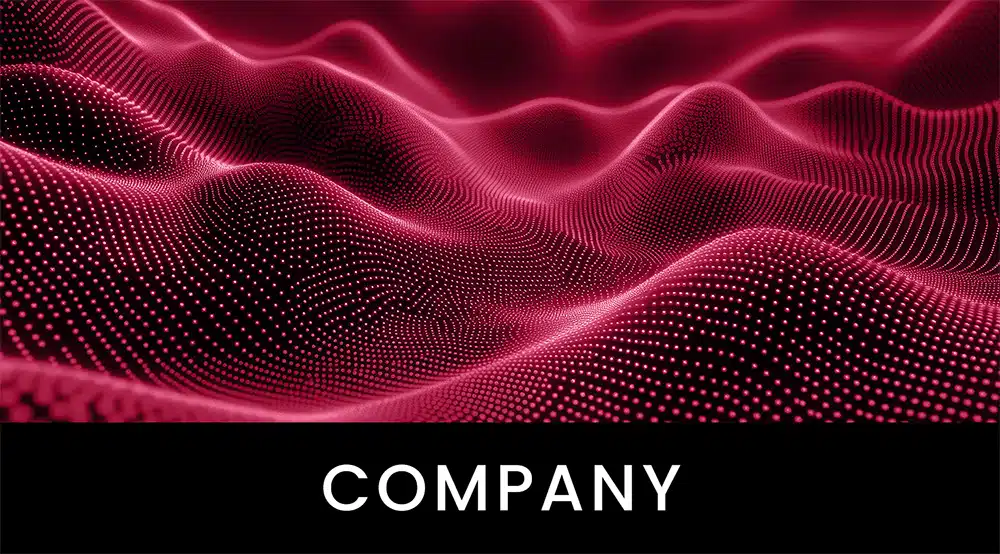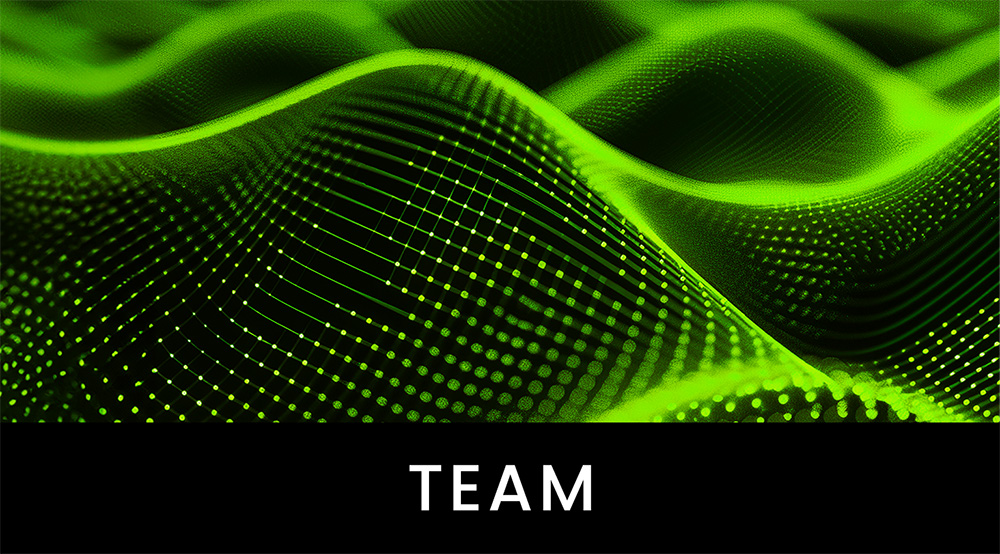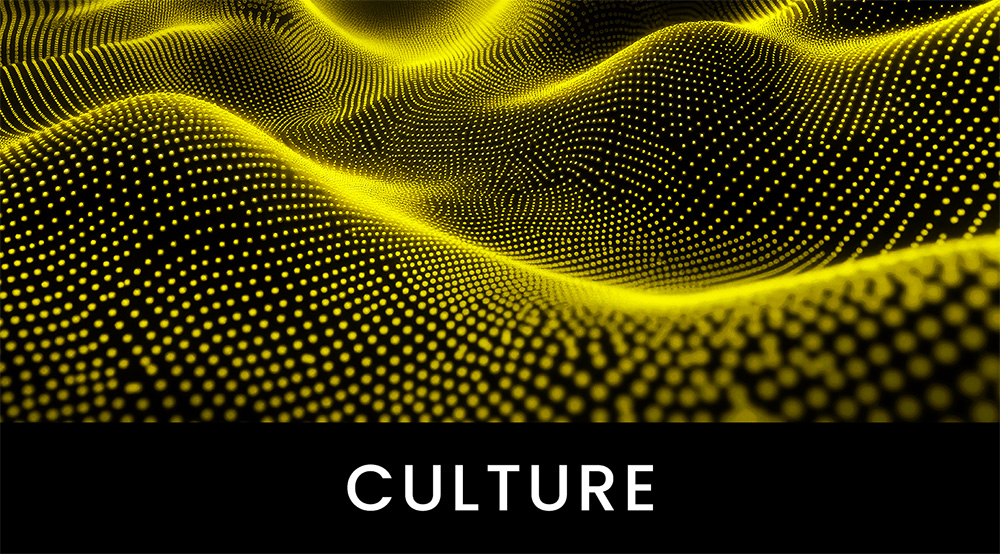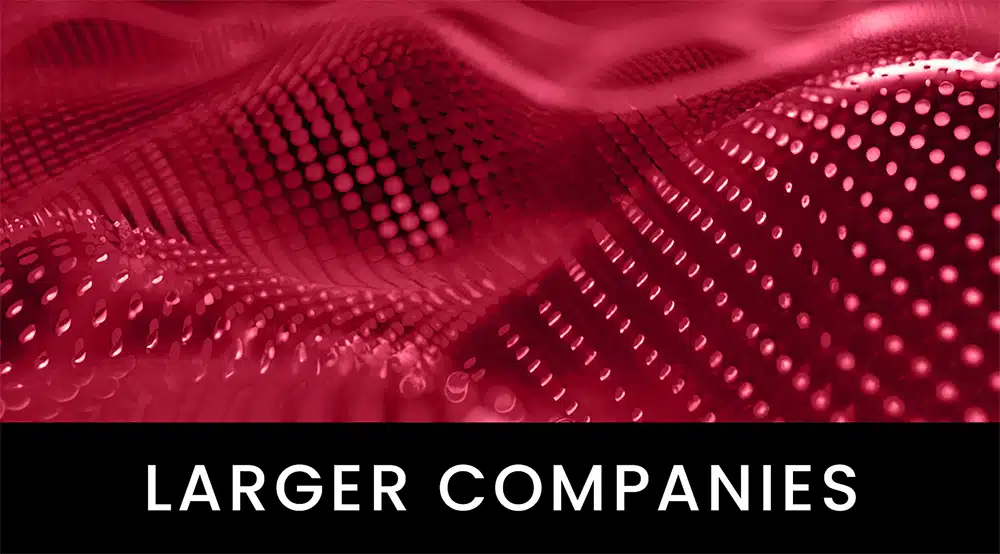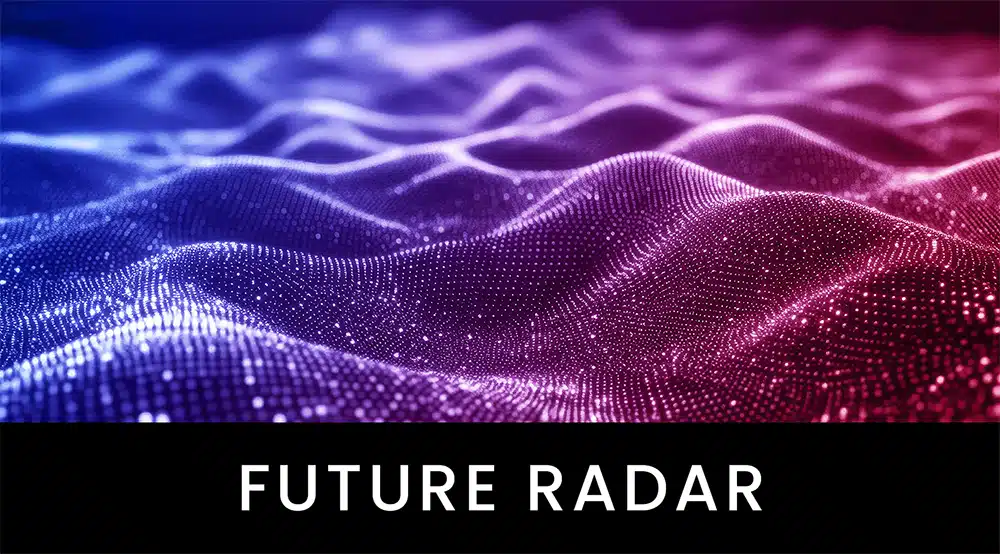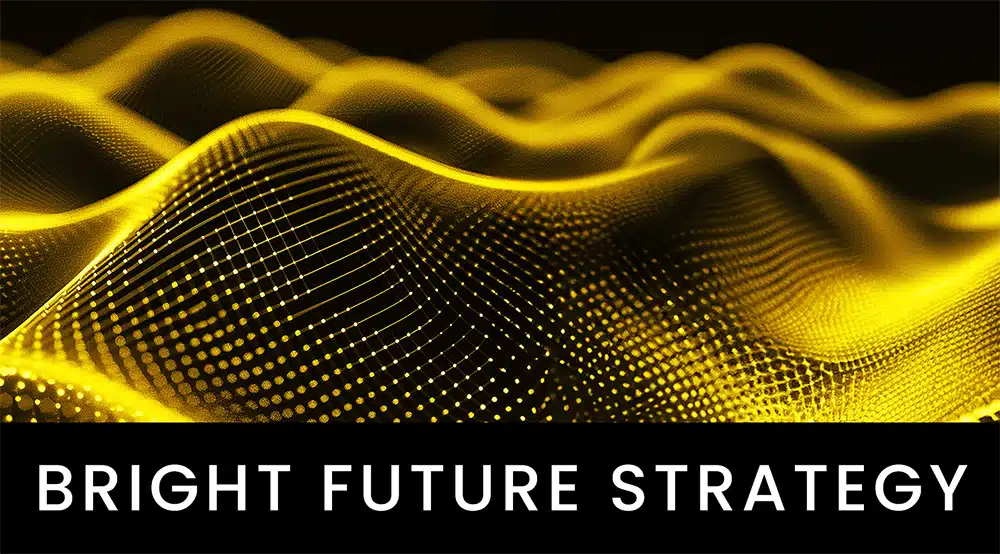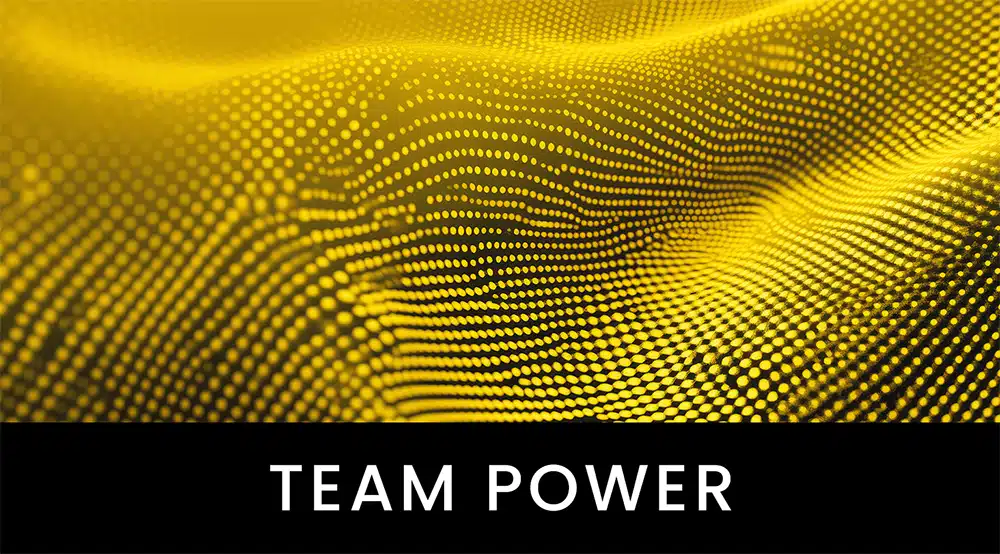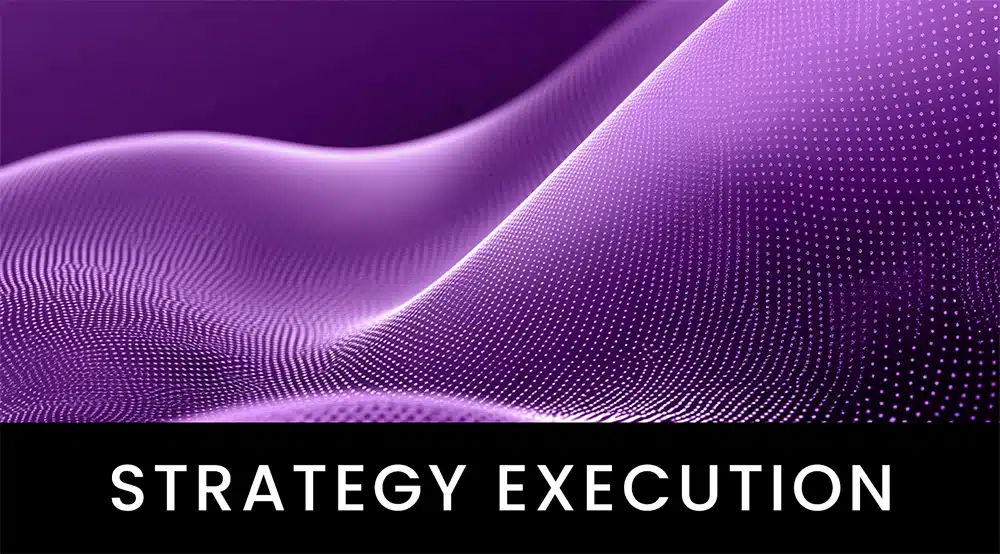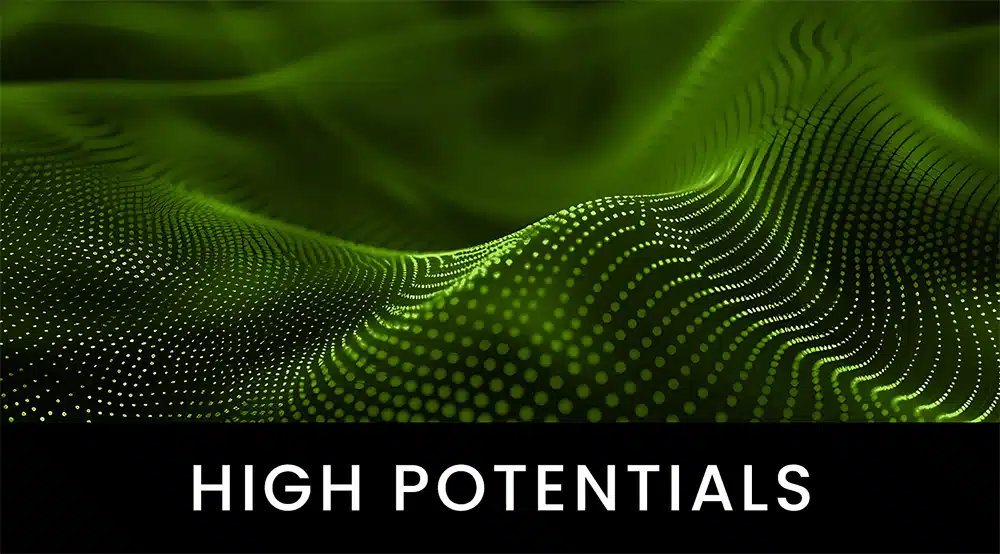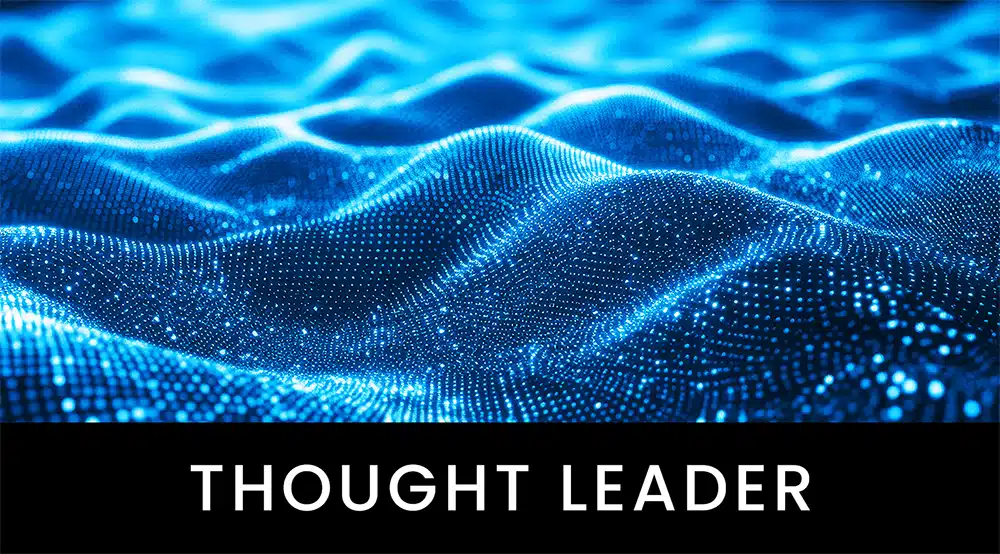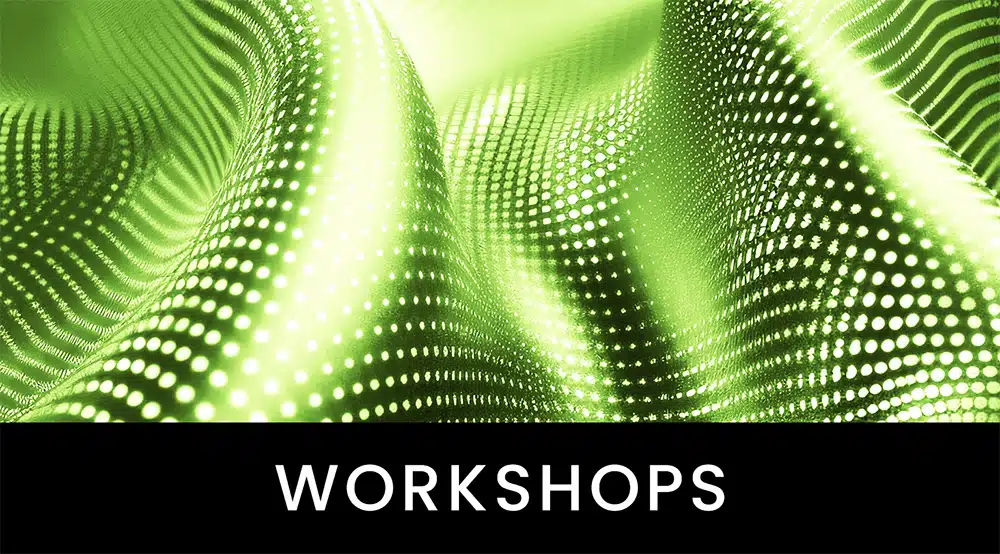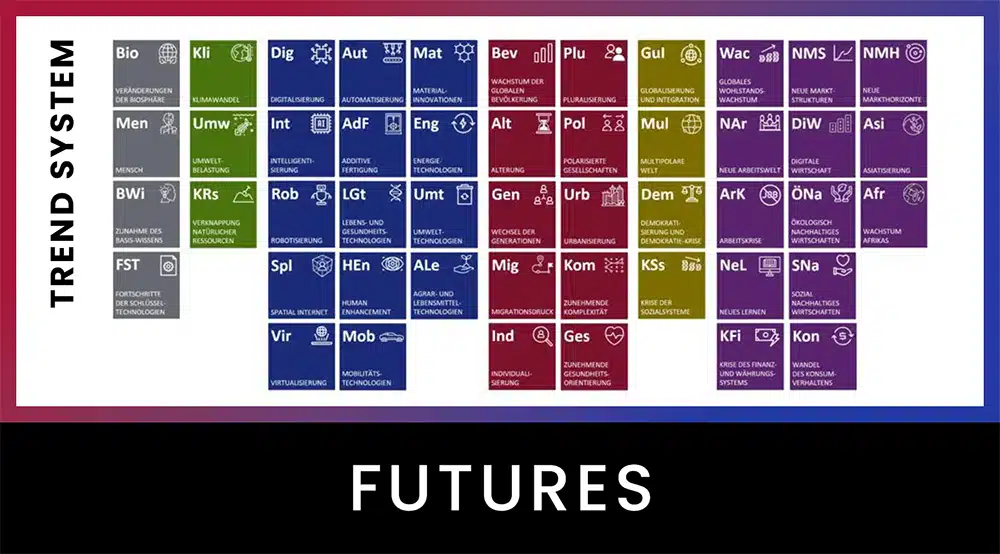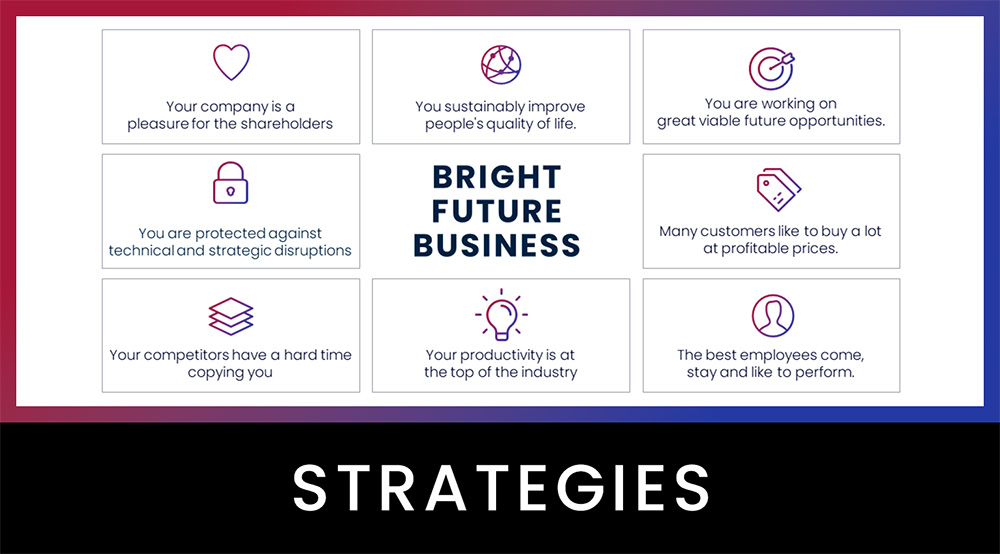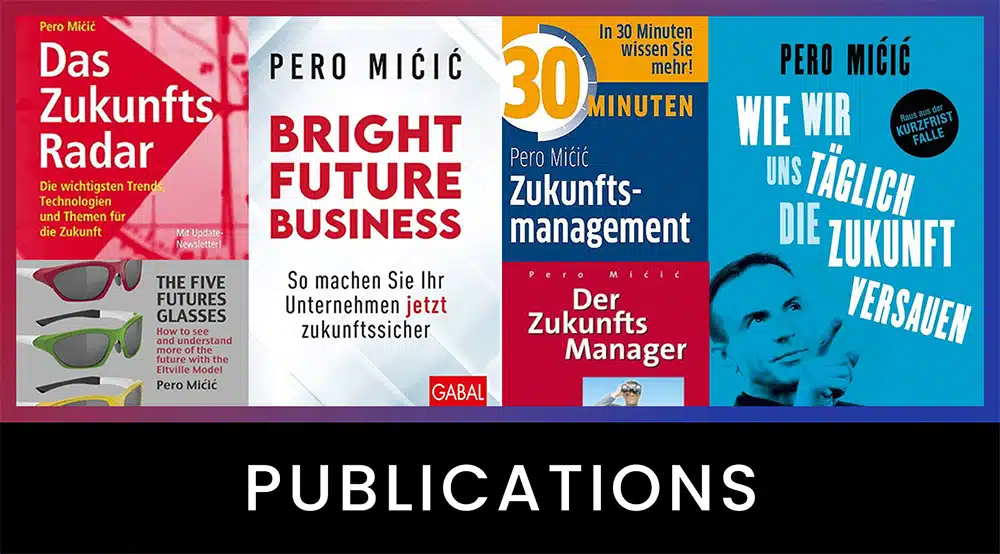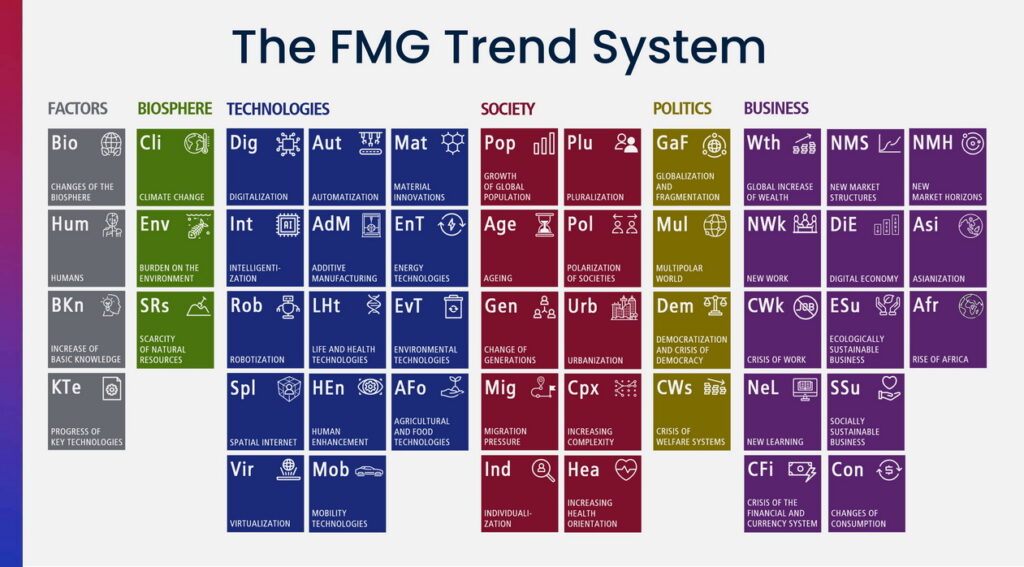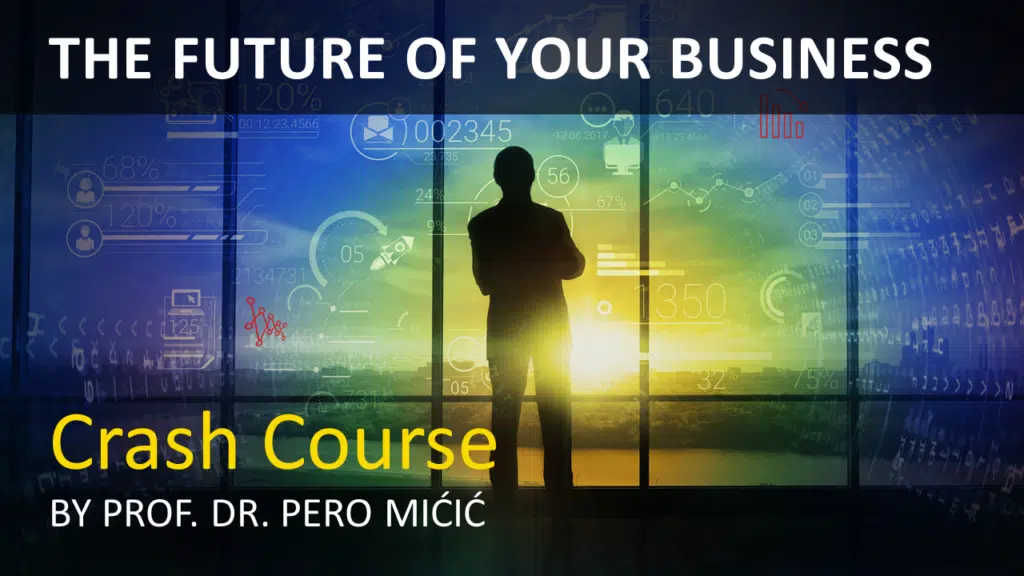This future blindness is innate: the human brain is structurally more of a brake block than a springboard to the future. Often we recognize the future only when it is already past. But the good news is that we can re-educate and train it.
September 19, 1991, around noon: Erika and Helmut Simon from Nuremberg are hiking in the high mountains of the Ötztal Alps and, on their descent from the Fineilspitze, leave the marked path in the area of the Tisenjoch at an altitude of 3,210 meters because they want to take a shortcut. In a rocky hollow filled with water, something brownish catches their eye by chance. Only when they get closer do they realize that it is a human corpse. At first, they believe they have found a climber who died in an accident a few years ago and report the find.
It quickly becomes clear that the corpse is actually 5,250 years old! The find is hailed as an archaeological sensation of the century. In the meantime, “Ötzi” is one of the most famous mummies ever – and with over 16,300 probably the corpse with the most Facebook friends in the world(https://www.facebook.com/OetziTheIceman). For years, medical experts and archaeologists in Austria examined the body to find out how Ötzi lived and what he died of. They always followed the assumption that the ice cream man either starved to death or froze to death.
Our assumptions determine our perception
But a few years later, Italian authorities came forward. Ötzi had not been found in Austria at all, but just 93 meters across the border on Italian territory. The fate of the Iceman turned again: the Austrians had to extradite Ötzi. From then on, scientists in Bolzano endeavored to extract its secrets. But unlike their northern neighbors, the Italians examined Ötzi on the basis of another assumption: in addition to starvation or freezing to death, they also considered non-natural causes of death. So in the end a criminal case after all…?
In July 2001, almost ten years after the discovery, a flint arrowhead was discovered in Ötzi’s left shoulder on the same CT images the Austrians had pored over. This threw all previous theories out the window. The arrowhead is likely to have ruptured a large blood vessel, causing death by bleeding to death within minutes.
Our past colonizes our future
What do we learn from the Ötzi case? We cannot see the future until we have seen it. Our mostly unconscious assumptions determine what we perceive and how we interpret information. We are influenced in our thinking and seeing by what we think is most probable based on our experience – we are literally “biased.”
The reason for our bias lies in the way our brain works: it tries to organize the flood of information it has to deal with as effectively as possible in order to make meaningful assessments and make appropriate decisions. Brain researcher Kathleen McDermott of Washington University in St. Louis has visualized this organizing principle of the human brain. In one experiment, subjects were first asked to remember their last birthday party and then to plan the next party in their minds. Functional magnetic resonance imaging (fMRI) was used to record the subjects’ brain activity.
The result surprised the researchers: regardless of whether a subject was thinking about the past or the future party, the same brain areas were always active. It didn’t matter at all whether you looked into the future or into the past, the measurement result under the fMRI was the same. “Whether we remember an experience or imagine it in the future is almost the same thing,” says Daniel Schacter, a psychologist at Harvard University who has conducted experiments similar to McDermott’s.
Our brain constantly makes assumptions about our environment based on experience. It does so because we are almost addicted to feeling safe. Unfortunately, our brains are not built to constantly challenge their assumptions. Instead, it continually seeks confirmation. So we are often not even able to perceive the changes that are important and decisive for our future. The world seems much more constant to us than it is. Our perception and imagination is colonized by our past. We are far too often blind to the future.
Past the chance and into ruin
Just as every individual is to a large extent blind to the future, so are communities and companies. The smartphone app “MyTaxi” offers users the possibility to order a cab directly online, without a phone call or an operator, and even to track it on the map during the journey. Obviously, the now surprised operators of cab centers have not been able to see that smartphones with Internet connection and GPS chip could make the cab center superfluous. They had no memory of such a future and therefore could neither perceive the first signals nor imagine what would become of them. In turn, it was similarly inconceivable to cab companies that a company like “Uber” could enter the industry and fundamentally challenge the rules of the game. The reactions to “Airbnb,” a private accommodation broker that is becoming increasingly popular with tourists and is also app-based, are comparable, as it is not only shaking up the hospitality industry but also turning it strongly against itself.
Equally unprepared for the future are the countless knowledge workers in analytical, creative and consulting professions. Today, software algorithms and intelligent machines can not only draw on “Big Data”, but also use this to generate artificially intelligent and creatively well-founded concepts and even advice. Hong Kong-based Deep Knowledge Ventures has even elevated such software to the status of sixth voting member of its board of directors, with media attention. Hardly anyone today can quite imagine that the tax consultant, lawyer or marketing consultant will one day have to share the throne of the value-creating population with knowledge systems. But the signals are clearly visible, and the first prototypes work with respectable quality. A few decades ago, many decision-makers did not have much confidence in information technology either. Just a few years ago, bankers could not imagine that it would be possible to take out a case-closing loan on the Internet. Today, this can be done within a very short time.
Create “Memories of the Future”
You cannot completely escape your future blindness. No one can. But you can train your brain by systematically feeding it future information. Subscribe to a dozen future blogs using an RSS reader like Feedly, or subscribe to magazines like Technology Review. Make time for this by no longer reading the daily news.
Expose your brain to trends and new technologies. Take the time to use some imagination to make the connections to your life. Your question then is not “what is relevant?”, but “what can become relevant, how can it become relevant, how can I make it relevant?”.
This way you can better remember the future and recognize it in the daily stream of information, because you have seen it before. This is how you expand your ability to perceive, this is how you are less future-blind, this is how you see more of the future than others. It will enrich your life.
Placeholder
Please also follow these links:
► Free video crash course THE FUTURE OF YOUR BUSINESS
► BUSINESS WARGAMING for robust business and future opportunities
► PRESENTATIONS AND KEYNOTES by Pero Mićić for your employees and customers
Placeholders
I wish you a bright future!
Have a bright future!
Placeholder

